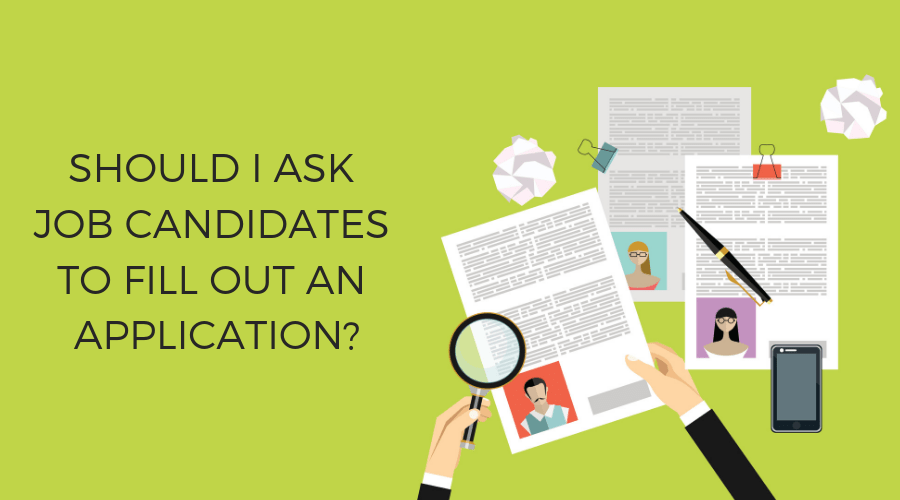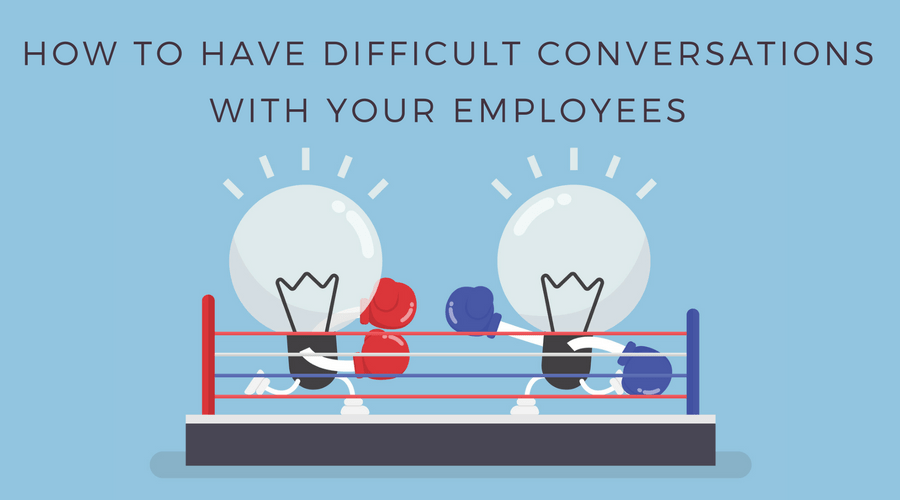7 Employee Handbook Rules and Regulations to Stay Compliant in 2019

Your employee handbook is an essential resource for communicating company policies with your team. It encourages fairness and consistency within your small business by showing your staff that everyone is subject to the same guidelines and expectations.
After you’ve created your employee handbook, it’s important to regularly review your policies to ensure they comply with federal, state, and local human resources (HR) laws. Check with government agencies – like the Department of Labor (DOL), National Labor Relations Board (NLRB), Equal Employment Opportunity Commission (EEOC), and Occupational Safety and Health Administration (OSHA) – to make sure your company obeys current regulations. Keep reading to learn about seven policies you might need to update this year.
1. Equal Employment Opportunity
Recently, many states have extended who is protected under Equal Employment Opportunity (EEO) laws. For example, medical marijuana users and members of the LGBTQ+ community are now protected classes in several states.
The #MeToo movement has shined a light on many EEO, sexual harassment, gender discrimination, and retaliation issues in the workplace. You may have to
- offer anti-harassment training focused on gender identity and sexual orientation;
- add statements about your commitment to not discriminate against people based on gender identity or the fact that they were a victim of a crime; and
- provide a nongender, single-use restroom.
Besides complying with federal and state laws, EEO policies are important for your small business because they set the expectation that your company is committed to maintaining a work environment free of discrimination and harassment of any kind. Your EEO policy should include information about your hiring practices, instructions for submitting discrimination and harassment complaints, and what disciplinary action will be taken if the rules are violated.
2. Equal pay and wage discrimination
Equal pay and wage discrimination laws often go hand-in-hand with EEO regulations. It’s important that your small business is paying all its workers fairly. Review your compensation policies to ensure that you’re not practicing wage discrimination, particularly based on gender.
Many states are expanding their wage discrimination laws to include prohibiting employers from asking staff and job candidates about their salary history. Some states are even preventing employers from banning wage discussions among coworkers.
3. Reasonable accommodations
States and localities around the country are expanding or adding to their current reasonable accommodation laws. Some states now require employers to provide paid breaks for anyone who needs to express breastmilk for her nursing child, up to one year after the child’s birth.
New laws may now require you to provide public access to employee restrooms under certain conditions and provide safe accommodations to anyone who has been sexually assaulted or is experiencing domestic violence or stalking.
4. Leaves of absence
Several states are changing or updating their laws concerning paid family leave, leave and reinstatement rights for military service members, sick leave, and domestic violence leave.
Each leave law has its own definitions concerning which workers are covered, the size of the employer, and how to comply with the law. When you’re reviewing your leave policies, make it clear to your team
- who is eligible,
- how many hours are available,
- how the time accrues,
- whether the time can be carried over from year to year,
- how to request time off,
- how much notice is required, and
- whether the leave is paid of unpaid.
You also might consider including what types of absences are covered under each leave policy. For example, taking a child to the doctor might be covered under your sick leave policy.
5. Safe driving
OSHA requires all employers provide safe workplaces for its workers. If any of your team members are required to drive while on the job, pay close attention to changes made to your state or local laws.
For example, many states are now restricting or prohibiting cell phone use while driving. If any staff members drive while working, include a policy stating that all traffic laws must be obeyed and include the potential disciplinary actions of violating the policy.
6. Smoke-free workplaces
As part of providing a safe work environment, most states have expanded the definition of “smoke-free” to include prohibiting the use of e-cigarettes and other tobacco substitutes in the workplace. Review your smoke-free policy to ensure it includes all prohibited actions and that it states the location of your designated smoking area.
7. Weapons in the workplace
Many states have laws concerning whether employees can keep a gun in their vehicle when it’s parked in a company parking lot. After determining your state’s laws concerning guns, review your company’s policy to ensure it follows the law. If you and your state allow staff members to keep guns in their vehicles, include clearly written guidelines concerning whether the worker must always keep the vehicle locked and the gun hidden from plain sight.
What to do after updating your employee handbook
After you’ve updated your handbook to comply with federal, state, and local HR laws, consider asking an employment attorney to review it to ensure you’re complying with all regulations.
Then, share your updated handbook with your team and ask them to sign a statement that they have read and understood the updated policies. Workful makes it easy to share your employee handbook and other company documents. With Workful, you can upload your handbook and send it to your employees in just a few clicks. Your staff will be able to access it from their own employee portals. Our HR software can also help you track your employees’ time and manage time off policies. Start your free 30-day trial today.


